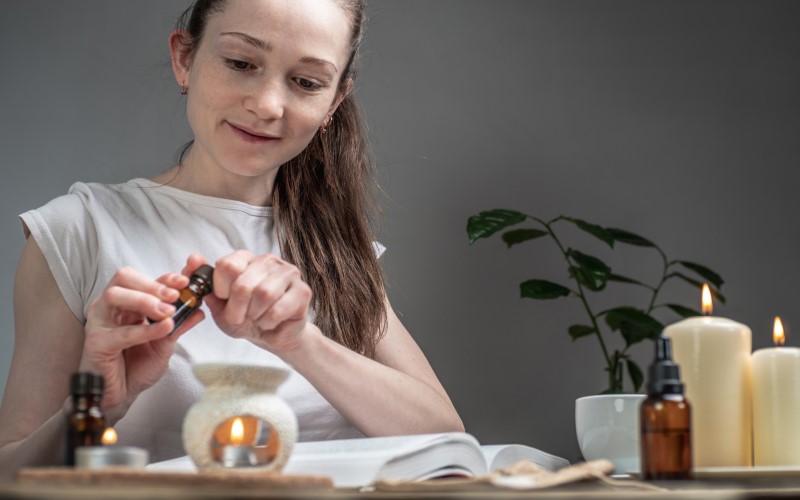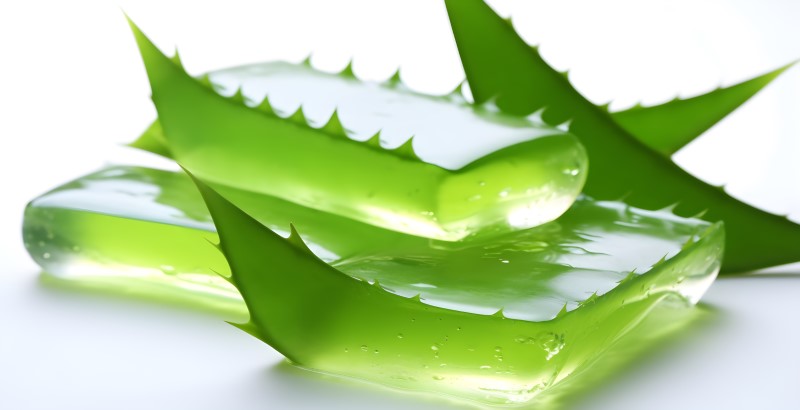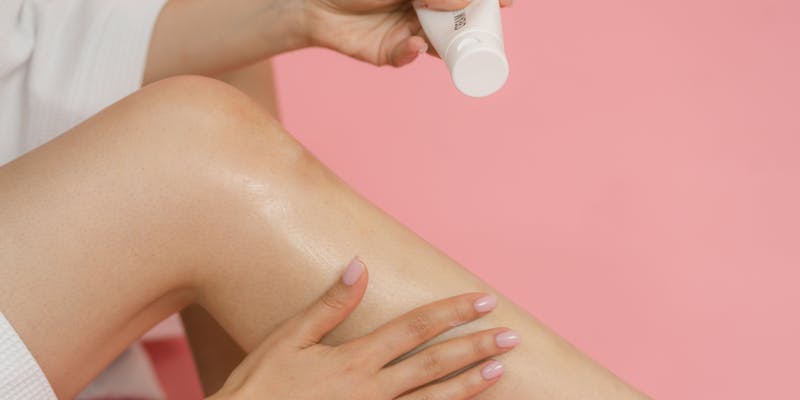Pimples, the unwelcome guests on our skin, often appear at the most inconvenient times. Dealing with these stubborn blemishes can be a real challenge, especially when faced with the potential drawbacks of conventional treatments. You're not alone if you're looking for effective yet gentle ways to bid farewell to pimples.
In this exploration, we will journey through natural remedies – where tea tree oil, essential oils, green tea, and aloe vera become the heroes of graceful pimple management. So without any further ado, let's dive into the skincare world that embraces nature's healing power.
Top of Form
Dealing with Pimples: Natural Remedies for Graceful Management
Acne, affecting 85% of people at some point in their lives, is a persistent skin woe that often leaves individuals searching for effective and gentle solutions. Pimples, the pesky manifestations of acne, can be particularly frustrating. While conventional treatments exist, they often come with side effects such as skin irritation and dryness, prompting many to turn to natural alternatives for a graceful approach to managing these unwelcome blemishes.
Apply Green Tea to the Skin: Harnessing Nature's Antioxidant Power
Green tea, a beverage known for its health benefits, can also contribute to graceful pimple management when applied directly to the skin. Rich in flavonoids, tannins, and the antioxidant EGCG, green tea fights inflammation and acne-causing bacteria.
Studies show that a 2 to 3% green tea extract application to the skin significantly reduces sebum production and pimples. Creating a homemade green tea mixture by steeping it in boiling water, allowing it to cool, and applying it with a cotton ball or spray bottle offers a cost-effective and natural solution.
Spot Treat with Other Essential Oils: Nature's Antibacterial Allies
Tea tree oil isn't the sole essential oil in nature's arsenal against pimples. Essential cinnamon, rose, lavender and clove oils have all demonstrated antibacterial properties that combat acne-causing bacteria. Dilute ten drops of essential oil with 1 ounce of carrier oil, apply to pimples with a cotton swab, and repeat 1–2 times daily.
A study comparing clove-basil oil to benzoyl peroxide revealed the former's effectiveness in reducing pimples, emphasizing the potential of essential oils as natural acne remedies. Like tea tree oil, a skin patch test is crucial to avoid irritation.

Spot Treat with Tea Tree Oil: A Natural Warrior Against Pimples
Tea tree oil, extracted from the leaves of the Melaleuca alternifolia tree native to Australia, stands out as a natural warrior against acne-causing bacteria. Renowned for its antibacterial and anti-inflammatory properties, tea tree oil has been subject to various studies highlighting its efficacy in reducing acne lesions and severity.
When applied to pimples, a 5% tea tree oil gel has demonstrated effectiveness comparable to common acne medications like benzoyl peroxide but with fewer adverse effects. To use tea tree oil, dilute a drop with a teaspoon of carrier oil, apply directly to pimples with a cotton swab, and repeat the process 1–2 times daily.
Longer-Term Acne Remedies: A Holistic Approach to Prevention
Zinc supplements, brewer's yeast, and fish oil offer potential options for those seeking consistent, long-term solutions beyond spot treatments. Zinc, a mineral crucial for wound healing, has effectively reduced pimples in 30–45 mg daily doses. Brewer's yeast, rich in B vitamins, provides antibacterial effects that may decrease pimples with regular consumption.
Fish oil, containing omega-3 fatty acids, helps manage oil production and prevent pimples over time. These supplements, taken orally, contribute to holistic acne prevention and reduction.
Moisturize with Aloe Vera: Nature's Soothing Solution
Aloe vera, a tropical plant with leaves yielding a clear gel, is a soothing solution for managing pimples. Applied to the skin, aloe vera gel has been shown to combat bacteria, reduce inflammation, and promote wound healing.
Although research on aloe vera's standalone effectiveness is limited, it contains compounds inhibiting bacteria linked to pimples. Applying aloe vera gel 1–2 times daily, alone or in combination with other treatments, contributes to a comprehensive skincare routine.

Time-Tested Witch Hazel Elixir
In battling pesky pimples, the venerable witch hazel emerges as a reliable ally. Renowned for its natural astringent properties, witch hazel steps up to combat bacteria and diminish inflammation, offering a down-to-earth addition to your skincare routine. Its simplicity shines through – just apply witch hazel to troubled areas using a cotton pad.
With this straightforward yet effective remedy, you're not just dealing with pimples; you're opting for a real, no-fuss approach to graceful pimple management that stands the test of time. So, why not let the comforting touch of witch hazel join the ranks of your go-to skincare solutions? Your skin might just thank you for keeping it real.
Other Ways to Help Reduce Pimples: Exploring Nature's Offerings
While some natural remedies lack extensive research, they offer potential benefits in reducing pimples. Witch hazel, known for its antibacterial and anti-inflammatory properties, may aid in preventing pimples. Apple cider vinegar, with organic acids that may kill acne-causing bacteria, presents another natural option.
Some studies associate higher dairy intake with more pimples, suggesting a potential link worth exploring. Combining antioxidant and antibacterial properties, a honey and cinnamon mask provides another avenue for those seeking natural alternatives. Stress reduction techniques may also play a role in managing acne severity.
Conclusion:
In the quest for graceful pimple management, exploring natural remedies offers a holistic and gentle approach. Essential oils, green tea, aloe vera, and longer-term strategies like zinc supplements contribute to the arsenal against pimples.
While not universal in their effectiveness, these remedies provide individuals with various options to experiment with. However, it's essential to note that if persistent acne issues arise, consulting a dermatologist is advisable for personalized advice and treatment. Hope you found this information worth reading. Stay tuned for more!







